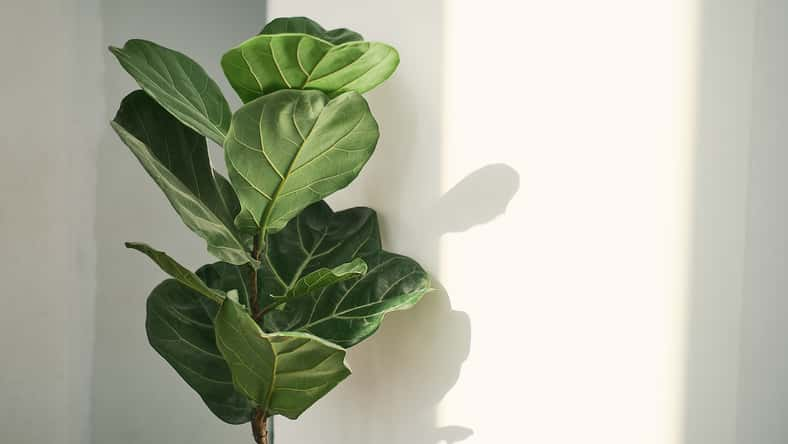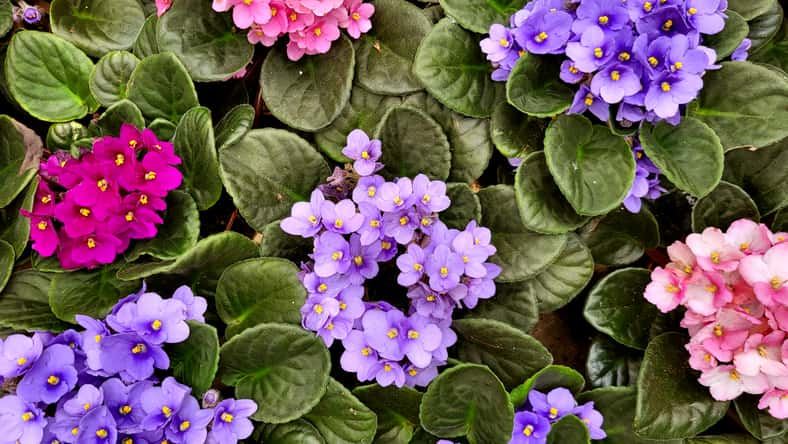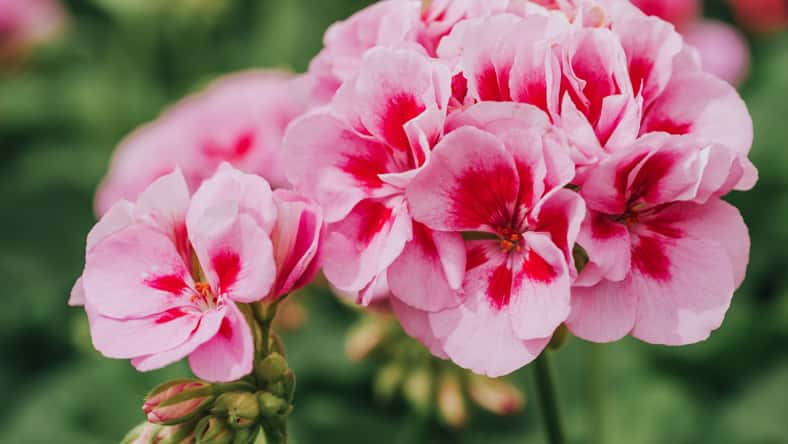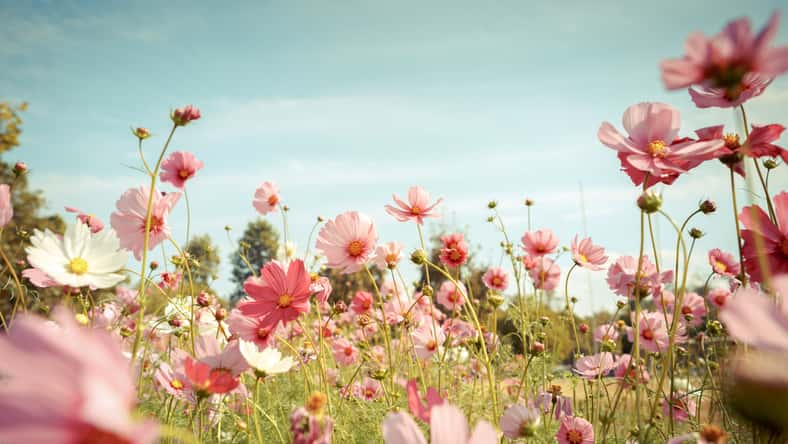
Vacation time should be a chance to unwind and recharge, but for plant parents, the thought of leaving their leafy friends behind can turn pre-trip excitement into anxiety.
Plants, much like pets, thrive on routine care, and deviating from their regular watering, lighting, and temperature can lead to unwanted stress, both for you and your plants.
Fortunately, with a little preparation, keeping your plants healthy while you’re soaking up the sun or hitting the slopes is not only possible but super straightforward.
The Threats Facing Your Houseplants When You’re Away
Before we start unpacking the solutions, it’s crucial to understand the challenges.
The primary threats facing your plants while you’re out sipping cocktails on the beach or hiking mountain trails include dehydration, overwatering (yes, this can happen even in your absence!), insufficient light, and the potential for pests or disease to take hold without early detection.
Each of these factors can vary in severity depending on the time of year, the climate in your home, and the specific needs of your plants.
Tip 1: Recruit A Plant Sitter
The simplest solution might also be the most obvious: find a friend, family member, or neighbor willing to step into your gardening shoes while you’re away.
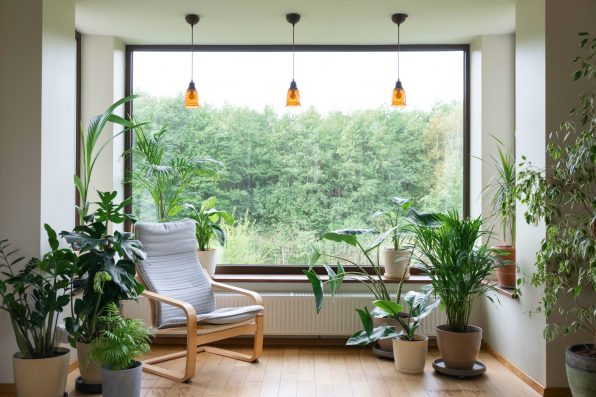
But don’t just hand over the keys to your indoor garden without any preparation. Write detailed care instructions for each plant, or better yet, group plants with similar care needs together to make the job easier.
A quick tutorial on the signs of overwatering versus underwatering can also go a long way in preventing well-intentioned but misguided care.
Tip 2: Set Up A Self-Watering System
For the tech-savvy or those without a plant-sitter, self-watering systems are a godsend.
From simple DIY solutions involving strings or wicks that draw water from a reservoir into the soil to sophisticated drip irrigation systems that can be set up with timers, there’s a solution for every type of plant parent.
These systems mimic natural watering and can be adjusted based on the needs of your plants, ensuring they receive just the right amount of water while you’re away.
Tip 3: Optimize Your Plant’s Environment
Before you leave, take a moment to ensure your plants are in an environment that will support their survival in your absence.
This might involve moving plants away from direct sunlight to prevent them from drying out too quickly or closing blinds partially to reduce the heat intensity while still allowing light to filter through.
If temperature control is a concern, consider relocating plants to the coolest part of your house during summer vacations or the warmest during winter getaways to maintain a stable environment.
Tip 4: Mulch And Moisture Retainers
For soil that tends to dry out quickly, adding a layer of mulch or using moisture-retaining pellets can be a game-changer.
These materials help to lock in moisture, reducing the frequency with which plants need to be watered.
This method is especially useful for thirstier plants or in hotter climates, where the risk of dehydration is higher. It’s a simple step, but it can make a significant difference in the health of your plants.
Tip 5: Prepare For Pests And Problems
Last but not least, give your plants a thorough check-up before you leave.
You can remove any dead leaves or flowers to prevent mold and pests, and if you spot signs of disease or infestation, treat them accordingly.
This might also be a good time to apply a preventative dose of organic pest control. Ensuring your plants are healthy before you leave can prevent minor problems from becoming major ones while you’re away.
Sign up for Chip Chick’s newsletter and get stories like this delivered to your inbox.


